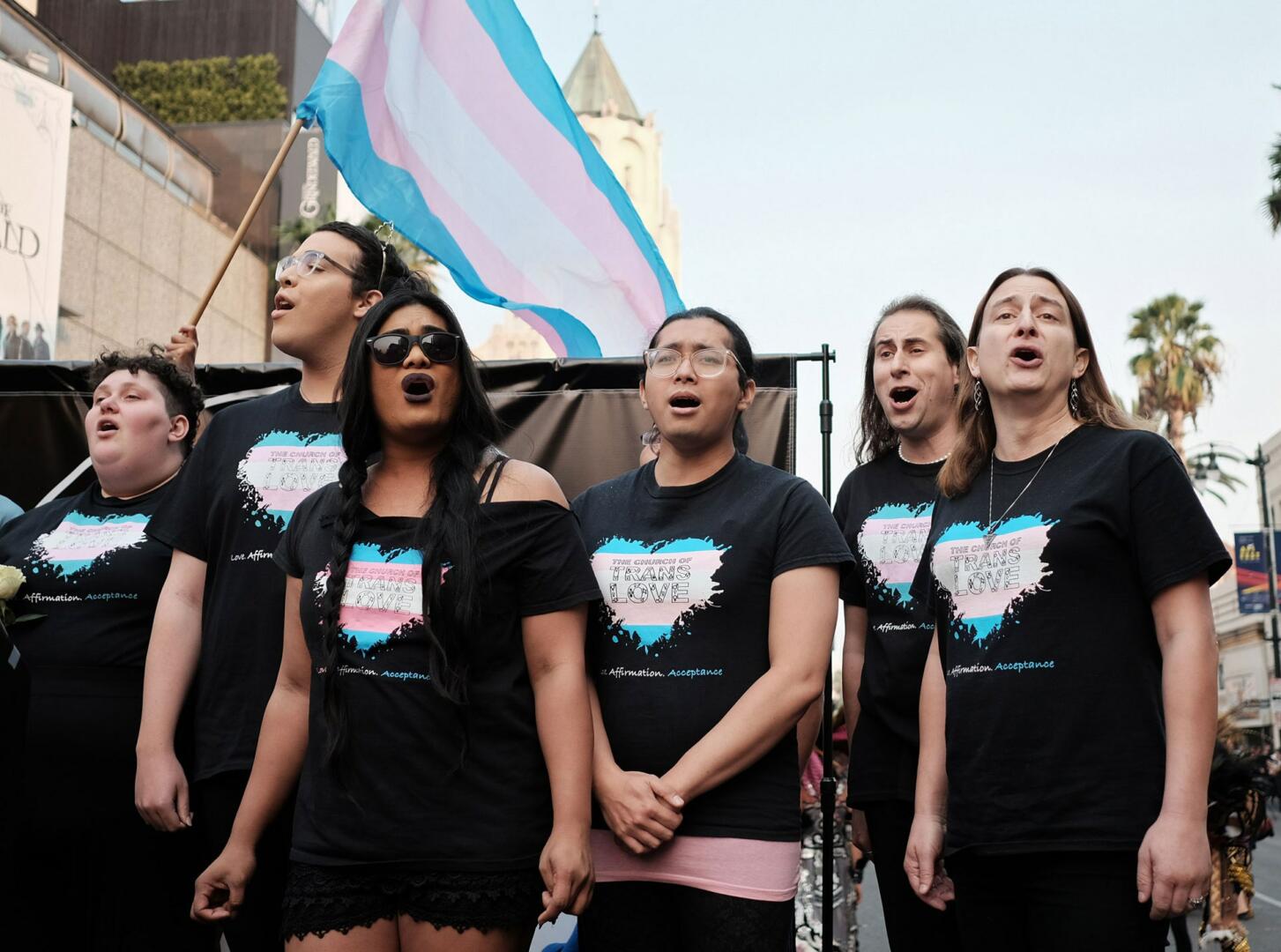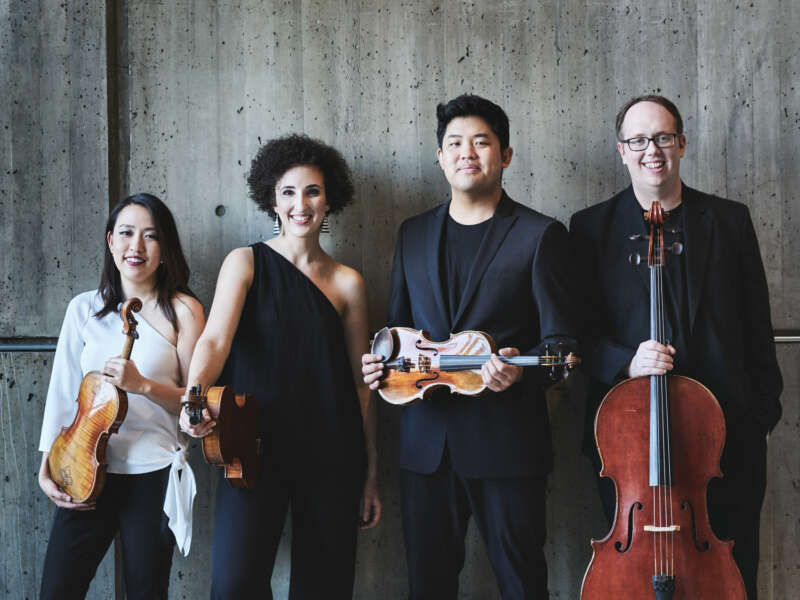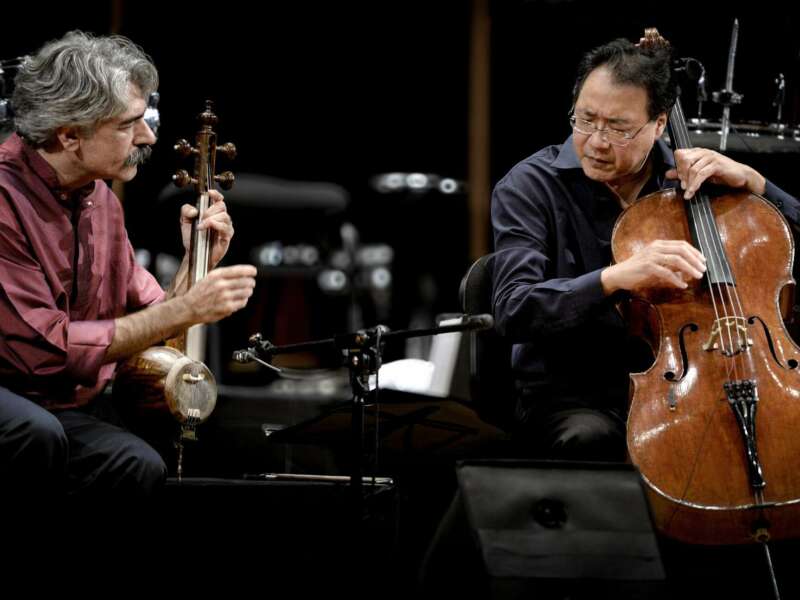New Study Reports on How to Empower Transgender Voices Through Singing
The 30-page study, written by Alexander Pullinger, discusses challenges transgender signers face, and offers ways to create more trans-positive singing spaces
The study, titled Facilitating the Empowerment of Transgender Voices Through Singing, states “for many singers who are transgender, organized singing has always been, and will remain, largely inaccessible.”
Pullinger talks about how cisgender expectations affect transgender individuals, asserting that in choral singing, we frequently hear of "men's voices (tenors and basses) and women's' voices (sopranos and altos)."
Pullinger argues against statements like these — since our understanding of sex and gender has developed beyond the idea of “men sing low, women sing high.”
The study lists potential strategies to provide a better inclusive environment for transgender voices:
-
Raising awareness in singing teachers and choir directors
-
“For a transgender person to feel comfortable approaching a teacher for lessons, they need to know that that teacher will be trans-aware,” Pullinger stated.
-
-
Addressing the use of language
-
Pullinger notes how the use of language can be harmful to trans individuals. “To cisgender singers with higher voices, being referred to as ‘ladies’ will probably not be noticeable to those who do identify that way. But for those who do not, for example, transgender men, it can be profoundly distressing and invalidating.”
-
-
Re-wording concert dress codes
-
“The conductor’s awareness of how gendered dress codes can affect transgender singers has a direct impact on whether or not a transgender person feels safe and respected.” Pullinger suggests removing words in dress codes that could be alienating, stating “Black shirt, blouse, or roll up neck,” rather than providing individual dress codes based on gender.
-
-
The creation of all-trans choirs
-
Pullinger notes how providing a dedicated space for transgender singers is key to allowing transgender individuals to feel safe, supported, and at home.
-
-
Changing auditions and voice classifications to be based on voice type, not gender
-
“Some of the most profound changes will come from institutional overhaul,” Pullinger stated. “Auditions largely take place under the assumption that auditionees of a certain voice type will also be a certain gender. This is a potential barrier to transgender people who, in the context of their gender, will often have a voice type the audition panel might not be expecting.”
-
Pullinger also notes that “I should stress that singing spaces must be made accommodating to transgender people before, and not after, they have been encouraged to apply.”
"In short, a practical and demonstrable trans-awareness and a trans-positive attitude is a prerequisite to the necessary adjustment of the audition process," he adds.
july 2025
august 2025





































